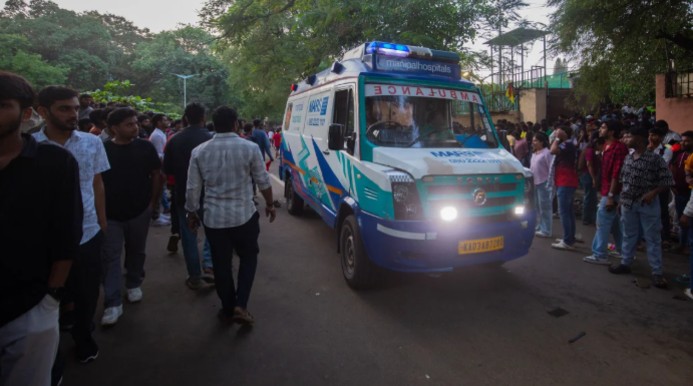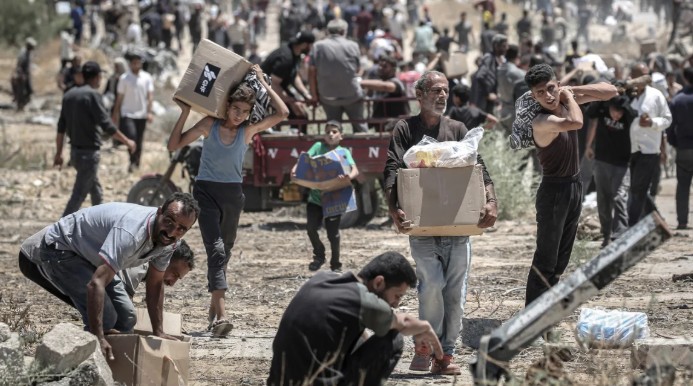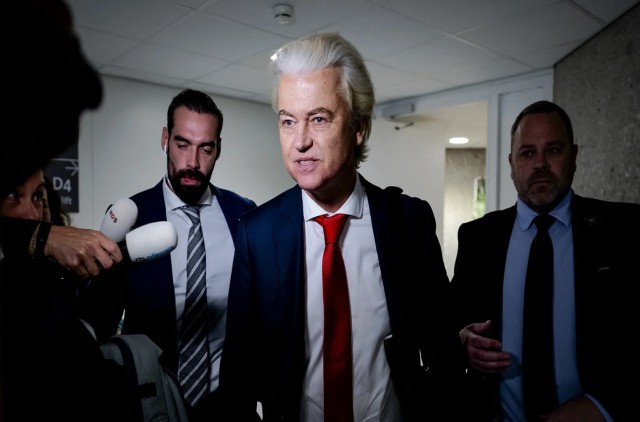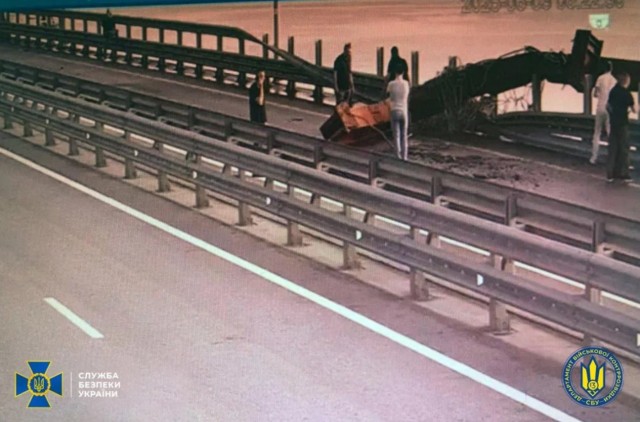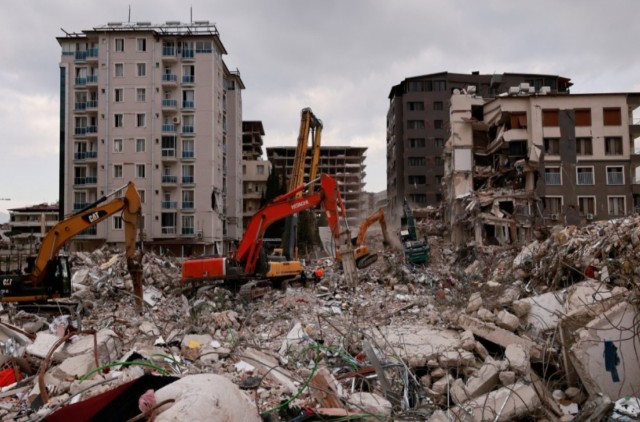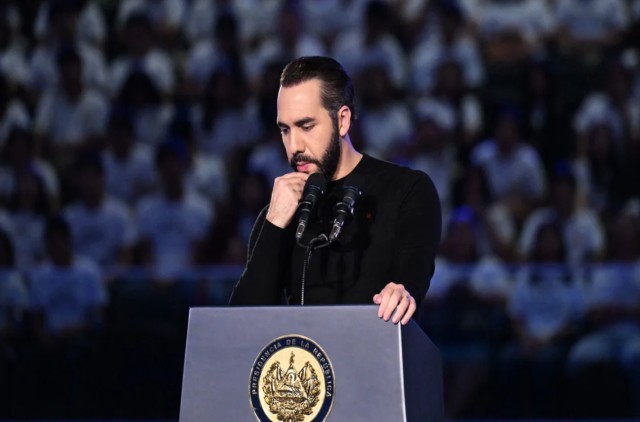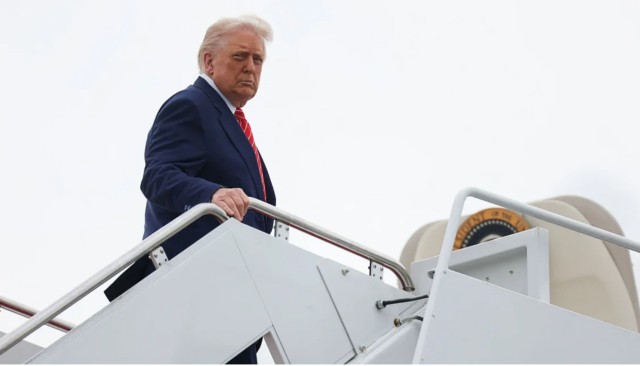
US President Donald Trump boards Air Force One as he departs for Pennsylvania at Joint Base Andrews, Maryland, on Friday.
As Russia and Ukraine gear up for renewed peace talks in Istanbul, hopes for progress remain slim. A fresh wave of Ukrainian drone strikes has struck deep into Russian territory, rattling Moscow and casting further doubt on the possibility of compromise.
Drone Strikes Escalate Tensions
In a dramatic show of strength, Ukraine targeted Russian strategic airbases, damaging key aircraft far from the frontline. These surprise strikes have sent a clear message: Ukraine’s military reach is expanding. The attacks have also hardened Russia’s position just as peace talks were set to resume.
Moscow Sticks to Its Demands
Russia still refuses to officially outline its demands in a formal agreement. However, its expectations are no secret. The Kremlin wants full control over annexed regions, Ukraine's demilitarization, sanctions lifted, and what it terms “de-Nazification.” That includes protections for Russian-speaking populations.
Russia also continues to express concern over NATO's growing presence near its borders and seeks access to billions of dollars in frozen Russian assets abroad. These tough conditions leave little room for negotiation.
Peace Talks Overshadowed by Battlefield Success
Ukraine, meanwhile, enters the talks with renewed confidence. Its drone campaign has dealt a blow to Russia’s strategic air capabilities. President Volodymyr Zelensky has called for an unconditional ceasefire and demanded the return of Ukrainian children taken to Russia.
But with Russia insisting that Ukraine withdraw from territories it hasn’t even fully seized, peace remains distant. The talks in Istanbul now seem more symbolic than productive.
Russia Launches Its Own Offensive
Russia hasn’t held back either. On Saturday night, it launched the largest drone assault on Ukraine since the war began—472 drones in total. Just hours later, a missile attack on a Ukrainian military training center killed at least 12 and wounded over 60.
These actions suggest that Russia is already laying the groundwork for a new summer offensive, further dimming the prospect of meaningful dialogue in Istanbul.
Trump’s Foreign Policy Credentials at Stake
Amid this escalating conflict, former U.S. President Donald Trump finds himself under pressure. He once boasted of being able to end the Ukraine war quickly. Now, from the sidelines, his credibility is in question. His earlier attempts to pressure both Zelensky and Putin have failed to yield results.
Trump could still influence events. He has the power to push for tougher sanctions or boost military aid to Ukraine. But instead, he’s suggested walking away entirely, framing the conflict as “Biden’s war.”
Walking Away May Not Be an Option
Abandoning involvement, however, may no longer be feasible for Trump. His vocal promises and personal efforts to mediate have tied his reputation to the outcome. Any further escalation or diplomatic collapse risks staining his legacy and diminishing America’s global standing.
Despite his distancing rhetoric, Trump is now deeply entangled in the Ukraine crisis. Every missile launched and every diplomatic maneuver is being measured against U.S. credibility—much of which now rests on Trump’s past proclamations.
Peace in Istanbul Looks Distant
With both sides digging in and violence intensifying, the Istanbul talks are unlikely to produce breakthroughs. Ukrainian military momentum has emboldened Kyiv. Russian demands remain rigid. And Trump, once a self-proclaimed dealmaker, is watching his foreign policy narrative unravel.
As the world watches Istanbul, one thing is clear: the war in Ukraine is far from over, and the political fallout is only growing.




